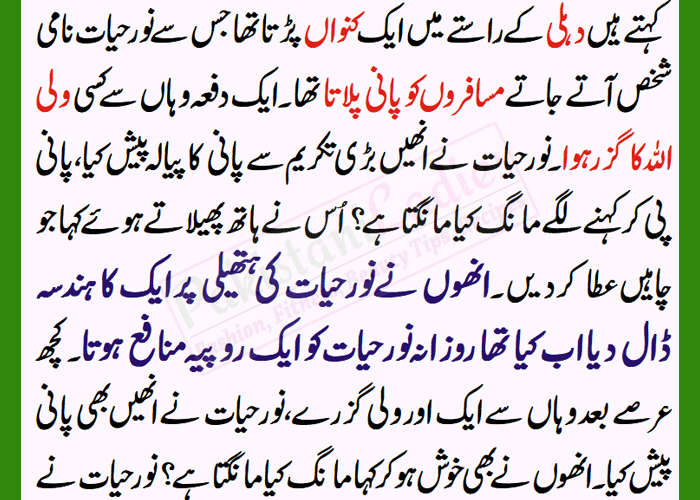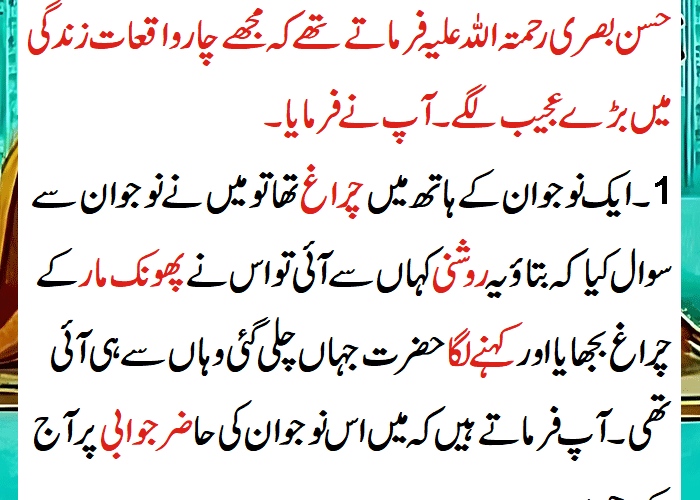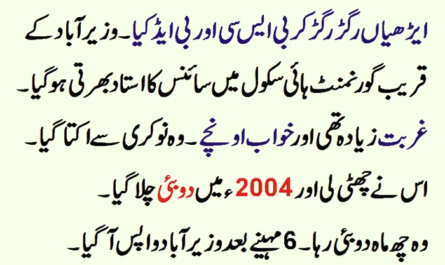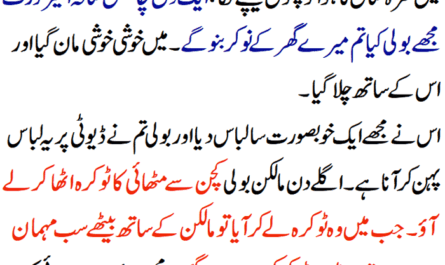Introduction
Whooping cough, also known as pertussis, is a highly contagious respiratory infection that can be severe, especially in infants. This article serves as a comprehensive guide, offering valuable information on the causes, symptoms, medical treatments, and home remedies for whooping cough.
Understanding the Causes
Delve into the origins of whooping cough, understanding its bacterial cause—Bordetella pertussis. Explore how this bacterium spreads and the factors that contribute to the incidence of this contagious respiratory infection.
Recognizing Symptoms
Identifying the symptoms of whooping cough is crucial for prompt intervention. This section details the distinctive features of the condition, from the initial catarrhal stage to the paroxysmal coughing fits.
Diagnosis and Medical Treatment
Learn about the diagnostic methods healthcare professionals employ to confirm whooping cough. Explore the medical treatment options available, including antibiotics and supportive care measures to alleviate symptoms.





Importance of Vaccination
Prevention is key when it comes to whooping cough. Uncover the significance of vaccination in reducing the severity of the illness, especially in vulnerable populations such as infants and pregnant women.
Home Remedies for Whooping Cough
In addition to medical treatments, explore effective home remedies to ease symptoms and support recovery. From hydration techniques to natural cough suppressants, these remedies aim to complement medical intervention.
Creating a Comfortable Environment
Discover practical tips for creating a comfortable living environment for someone with whooping cough. From maintaining humidity levels to using air purifiers, these strategies contribute to a smoother recovery.
Frequently Asked Questions (FAQs)
Can adults get whooping cough?
Yes, while it is often associated with children, adults can contract whooping cough, and its symptoms may be milder.
What is the best age for whooping cough vaccination?
Vaccination typically starts in infancy, with booster shots recommended during adolescence and adulthood to maintain immunity.
Are there long-term complications of whooping cough?
In some cases, complications such as pneumonia and seizures may arise, emphasizing the importance of prompt medical attention.
Can whooping cough be treated at home?
While supportive care at home can alleviate symptoms, it is crucial to consult a healthcare professional for appropriate medical treatment.
Is whooping cough preventable?
Vaccination is the most effective way to prevent whooping cough. Maintaining good hygiene practices and avoiding contact with infected individuals also contribute to prevention.
Can pregnant women get vaccinated for whooping cough?
Yes, vaccination during pregnancy is recommended to provide protection to both the mother and the newborn.
Conclusion
Navigating whooping cough involves understanding its causes, recognizing symptoms, and exploring both medical treatments and home remedies. This guide aims to empower individuals with knowledge to effectively manage and prevent the spread of this contagious respiratory infection.







